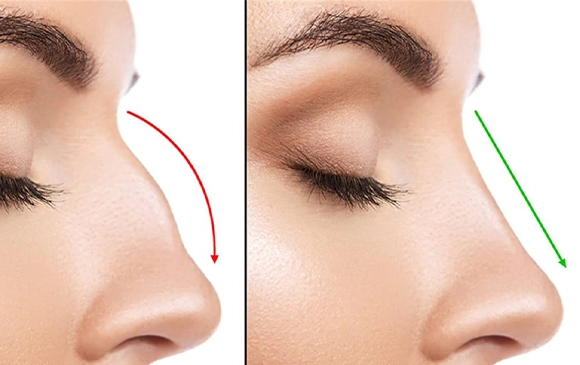In the realm of surgical interventions, understanding the critical phases of pre-operative preparation and post-operative care is paramount to fostering optimal healing outcomes.
This article delves into the essential components of surgical healing porcupine dates, offering insights on pre-operative readiness, post-operative recovery expectations, and comprehensive guidelines for wound care and rehabilitation.
By equipping oneself with this knowledge, individuals can navigate the surgical journey with confidence and fortitude, ensuring a smoother path to complete recovery and well-being.

Importance of Pre-operative Preparation
Proper pre-operative preparation is crucial for ensuring successful surgical outcomes and minimizing potential risks. Patients undergoing surgery should actively participate in preparing themselves physically and mentally. This includes following all instructions provided by the healthcare team goodmorning.day, such as fasting guidelines and medication protocols. Maintaining open communication with the surgical team regarding any concerns or pre-existing conditions is essential for a safe procedure.
Additionally, preparing a support system for post-operative care can contribute to a smoother recovery process. By taking ownership of their pre-operative preparation, patients can empower themselves to feel more confident and in control of their surgical experience. Ultimately, thorough pre-operative preparation sets the foundation for a positive surgical outcome and promotes overall well-being.
Guidelines for Pre-operative Care
Effective pre-operative care guidelines are essential for optimizing surgical outcomes and ensuring patient safety. Prior to surgery, it is crucial for patients to follow instructions provided by their healthcare team. This includes fasting as directed, abstaining from smoking, and avoiding certain medications that may interfere with the procedure.
Clear communication with the surgical team regarding any allergies, medical conditions, or concerns is paramount. Additionally, arranging for transportation to and from the surgical facility is advised, as well as ensuring a responsible adult is available to assist post-operatively if needed.
Following these guidelines diligently can help reduce the risk of complications and contribute to a successful surgical experience, promoting a swift and smooth recovery process.
Post-operative Recovery Expectations
Following the completion of surgery, patients should be prepared for the challenges and requirements of the post-operative recovery period. It is normal to experience some level of discomfort, fatigue, and limited mobility in the initial days following a surgical procedure. Patients may also encounter side effects such as swelling, bruising, or changes in appetite.
It is essential to follow the post-operative care instructions provided by the healthcare team diligently. This may include taking prescribed medications on time, attending follow-up appointments, and adhering to restrictions on physical activity. Each individual’s recovery process is unique, and it is crucial to be patient and allow the body the time it needs to heal properly. Seeking support from loved ones and healthcare professionals can also aid in a smoother recovery journey.

Post-operative Wound Care
During the post-operative period, attention must be given to the proper management and care of the surgical wound. Following the surgeon’s instructions is crucial for optimal healing. Keep the wound clean and dry, changing dressings as advised. Be gentle when cleaning the area to avoid disrupting the healing process.
It’s normal to experience some redness, swelling, and mild discomfort around the wound site, but if you notice any signs of infection such as excessive redness, warmth, pus, or worsening pain, contact your healthcare provider immediately. Avoid soaking the wound in water until your healthcare provider gives the go-ahead.
Tips for Post-operative Rehabilitation
A thorough rehabilitation program is essential for promoting optimal recovery following surgery. Post-operative rehabilitation aims to restore function, reduce pain, and improve quality of life. It typically involves a combination of exercises, physical therapy, and lifestyle modifications tailored to individual needs.
Here are some tips for effective post-operative rehabilitation:
- Follow your healthcare provider’s instructions diligently.
- Attend all scheduled rehabilitation sessions.
- Communicate any concerns or setbacks with your healthcare team promptly.
- Stay consistent with prescribed exercises and activities.
- Maintain a positive attitude and be patient with your progress.
- Prioritize rest and proper nutrition to support healing.
- Gradually increase activity levels as advised by your healthcare provider.
Conclusion
In conclusion, proper pre-operative preparation is essential for successful surgical healing. Following guidelines for pre-operative care and understanding post-operative recovery expectations can help facilitate a smooth recovery process.
Post-operative wound care and rehabilitation are crucial aspects of the healing journey. By adhering to these measures, patients can optimize their chances of a successful surgical outcome and promote overall well-being.
